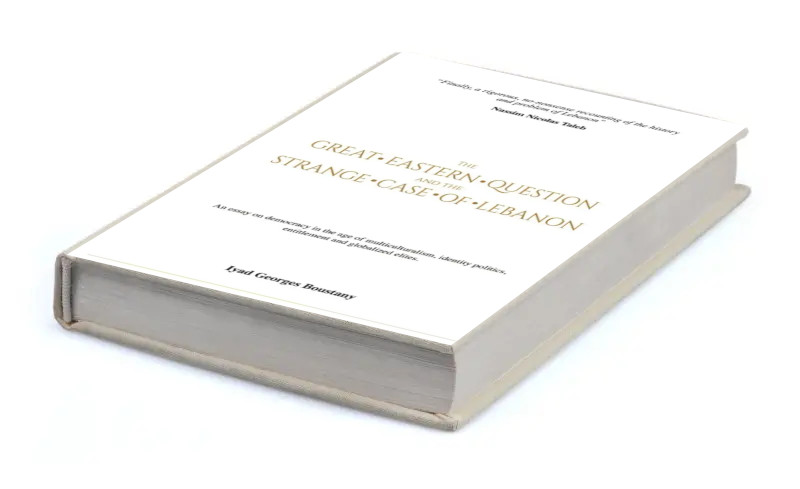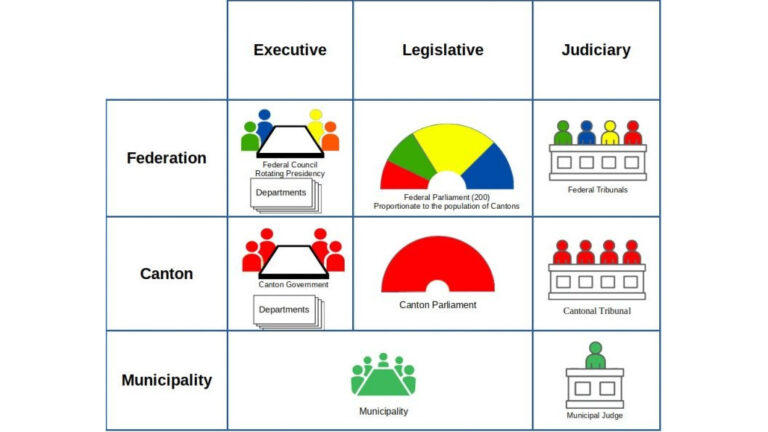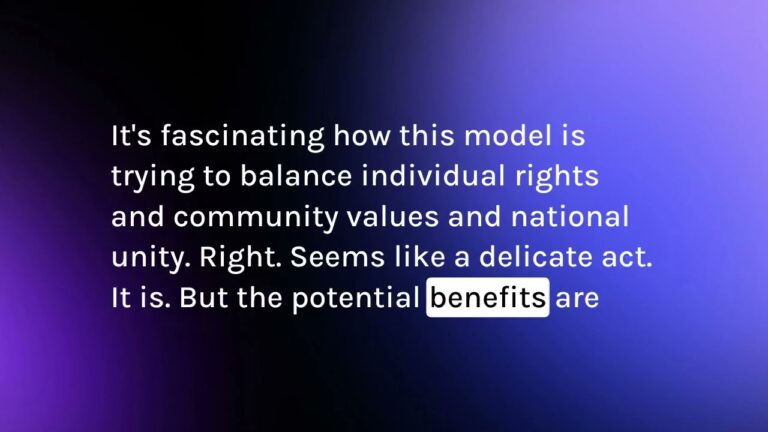
By Iyad Boustany
The Great Eastern Question and the Strange Case of Lebanon is about multi-culturalism, governance and the probable extinction of the Christian descendants of the Phoenicians. Faced with this distressing reality and deeply disturbed by the intellectual apathy and moral decay of the Christian ruling elite, Iyad Georges Boustany felt compelled to devise and propose a fair solution to Lebanon’s predicament. This undertaking began in 2005 with the creation of an electoral law (later referred to as the “orthodox electoral law” due to its adoption by the Christian Orthodox parliamentary group). As thoughts matured, so did the manuscript, culminating in the completion of this book. Developing a solution to manage ethno-cultural diversity proved to be the easier aspect, while the implementation has remained challenging for two main reasons. Firstly, the evident indifference of the Lebanese “partners”, the other millets, who callously disregard this civilizational tragedy, observing it from a distance with sarcasm, a touch of nostalgia, and a shameful sense of triumph. Secondly, the pervasive rise of identity politics, entitlement, and utopianism that have influenced the mindset and socio-political conduct of the Christian elite. Unfortunately, this book arrives too late, as a firsthand account of the demise of a civilization. Its coherent analytical reasoning and precise documentation of events may resonate with a few, but it is out of sync with the times for many and utterly irrelevant to most. What was intended to be a beacon of hope has become, in less than a generation, a swan song. Levantine Christianity, once the most open, diverse, cosmopolitan, and sophisticated ethno-cultural group, is preparing to fade into history. It is a melancholic and tragi-comic Mediterranean tale reminiscent of the twilight of the gods. De Gaulle once told Malraux “I have done what I can, but since we must witness the death of our civilization, let us observe, for it does not happen every day”. With this book, Boustany seems to be telling us the same thing.



